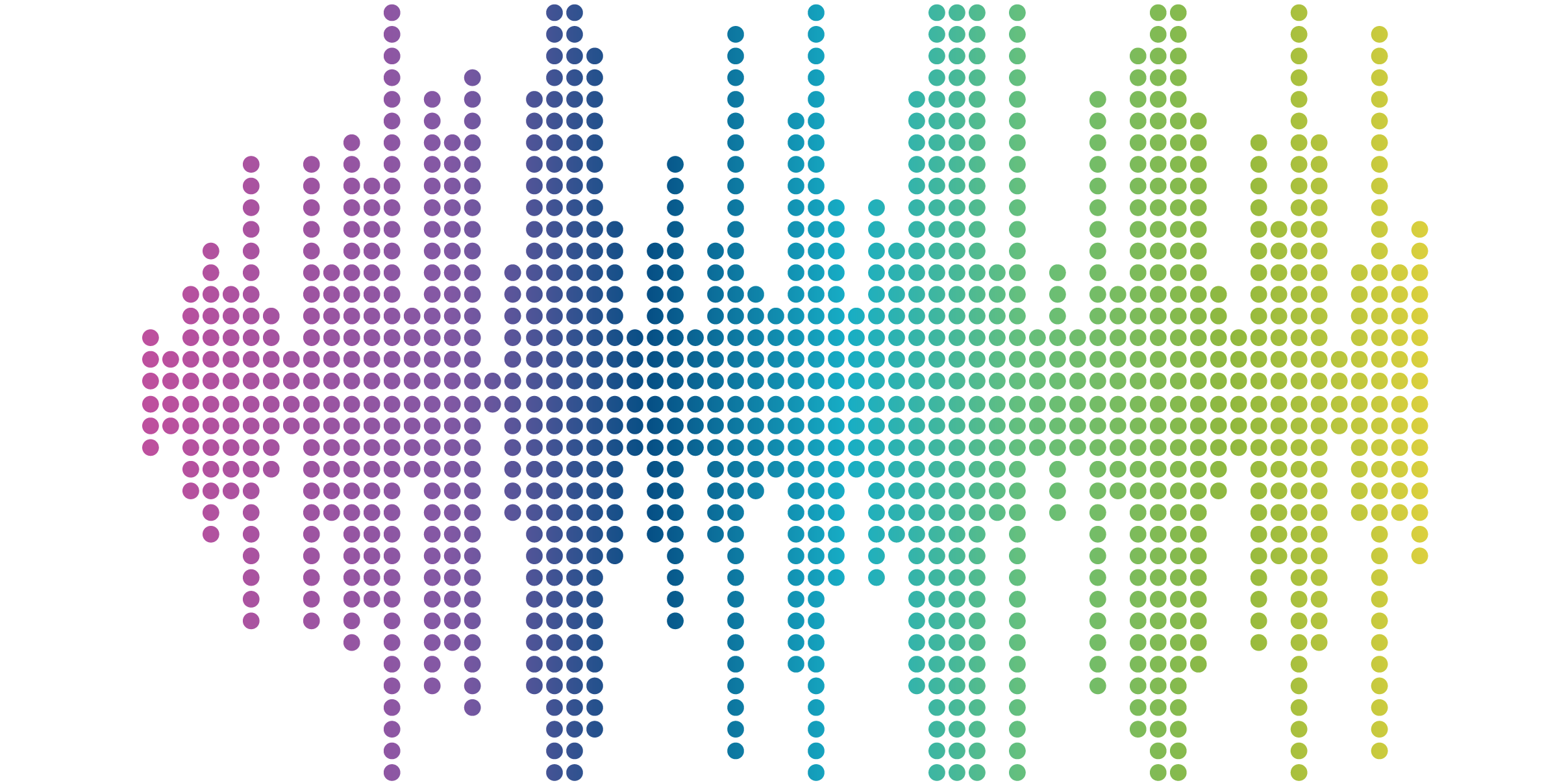
10 Essentials for Building a Website RFP
Having trouble putting into words what you are looking to accomplish with your website? Looking for a way to get potential agencies and your team aligned with the vision, goals and objectives?
Writing a really strong and successful request for a proposal (RFP) is a lot of work. By taking the time to think about your organization and your users’ wants and needs, you’ll increase the possibility of attracting the best agency to deliver success. Often, the more thorough the website RFP, the better the proposals resulting in a better decision-making process and ultimately better work. A win-win!
By following the website RFP response template below, you’ll have a clearer direction and a solid start for your next initiative:
1. Brief Overview of the Project
This can include a brief overview of your organization and a description of the project. If you know the history of the current website, feel free to share that too.
2. Project Goals and Objectives
Define the motivation for your project. Why are you making this investment (i.e. expanded services, growth, new target audience, lead generation, attract job candidates)? What do you hope to accomplish? List your objectives and success metrics.
3. Current Web Statistics
Include relevant web analytics such as top content, goal conversions, traffic sources, bounce rates, keyword phrases driving traffic, social referrals, mobile traffic, etc. and the URLs involved with this project. If you are not comfortable sharing your current web statistics, many agencies can do their own research and glean some insights from the URLs you share.
4. Technical Requirements
Do you require a specific content management system, DXP, or programming language that is required (e.g. .php or .net)? Are you integrating with any existing systems? List them in your website rfp. How is hosting currently handled or are you open to hosting recommendations?
5. User Research and Usability Requirements
How many different user groups do you have, and who are they? Are you interested in conducting usability testing? How about user research or developing personas, creating journey maps, etc? Have you conducted any UX research in the past?
6. Functional Requirements
What features and functionality do you need on your site? Some needs might include:
- Single sign-on
- Contact forms or dynamic forms
- File uploading option
- User account management
- Social media integrations and social sharing
- Database development
- Video integrations
- Member dashboards
- E-commerce
- Newsletter sign up
- Blogs
- 3rd party API integrations (LMS, AMS, HubSpot, Salesforce, etc)
Much like building a house, this lets the agency understand at a high level what the scope of the work will be. The more information you have here, the more you can compare estimates from apples to apples.
7. Content Requirements
Approximately how many pages are on your current site? Do you have a content strategy? Who is going to be responsible for writing or editing your content? How will your social media channels be integrated? Do you require content governance or a complex workflow for content administrators?
8. Accessibility Requirements
Almost all websites built today will respond to your user’s device (i.e. mobile, tablet, desktop) – so we have that covered. Do you have any accessibility requirements that we should be aware of?
9. Budget
Has your website rfp budget been set and approved? What is the range? This is a big time saver for everyone. Would you work with a real estate agent and tell them you want to see some homes but not give them a budget range to work within? We understand that sometimes you just don't know, but when you do, this helps align everyone and gets you to a solution that works best for you.
10. Timeline
What is your ideal project completion date? What is driving that time (i.e. annual meeting, new product launch, leadership change, board of directors, trade show, or it should have happened last year)?
Ready to Rock?
This website RFP response template can be the perfect tool to align all stakeholders on the essential building blocks for your project. It ensures you have a solid, thoughtful, and organized plan to guide your chosen agency, too.
A little upfront thinking and decision-making goes a long way in constructing an optimal site experience or campaign. You’ll be the rock star whose project launches on time, within scope, and under budget.
[Once you’ve completed all these steps, please send it to us. Sandstorm might be the right partner for your new project.]


